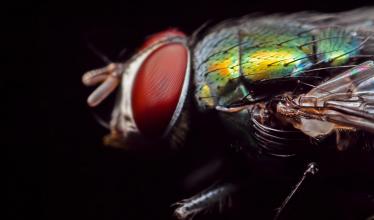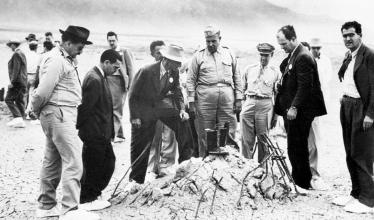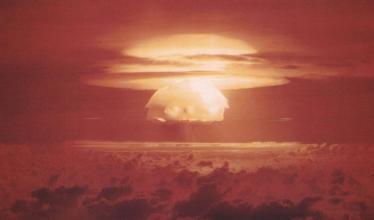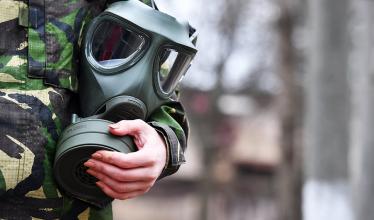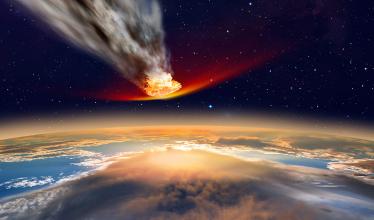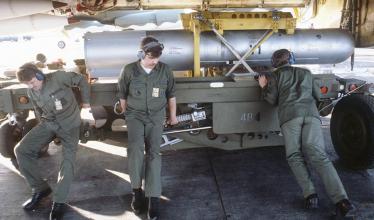Weapons and warfare
By collecting blowflies and analyzing their gut contents, researchers hope to peek at sites that are difficult or dangerous to access.
The potentially world-destroying power of the atomic bomb moved many scientists to engage more directly with the public, an effort that continues to this day.
A selection of women and people of color who achieved remarkable things in science after working on the Manhattan Project.
The idea of a nuclear bomb accidentally setting the entire planet on fire was once a fear shared by many.
Early research suggests virus can protect rodents without negative side effects.
While plenty of apocalypses occur in science fiction, the risks could be shown more realistically, experts argue.
The fate of battleship remains may rest in the hands of countries that don't own the ships.
Once the tricky political agreements have been reached, how do nations take apart their nuclear weapons?
Scientists find the signatures of war on the edge of space.
Researchers discover that enzymes can be used to ward off the effects of damaging nerve agents.
Scientists use oceanography technology to find the wrecks of World War II aircraft.
When science and technology fail and only courage can win a battle.

